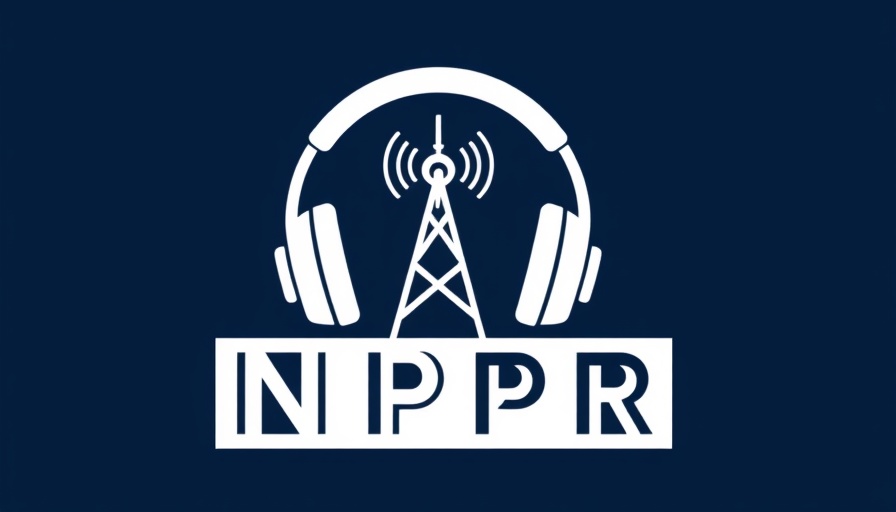
Neglected Tropical Diseases on the Brink: The Crisis Ahead
In recent months, public health advocates have raised alarms regarding the future of neglected tropical diseases (NTDs) as U.S. aid cuts threaten pharmaceutical supplies essential for treating millions. NTDs refer to a group of diseases that afflict over a billion global citizens, leading to severe pain, disability, and even death. These diseases, impacting populations already suffering from extreme poverty, are often overlooked by the pharmaceutical industry due to their limited market potential.
The Significance of U.S. Aid in Global Health
The U.S. Agency for International Development (USAID) has played a pivotal role in combating NTDs by facilitating the distribution of donated medications from pharmaceutical companies. Over two decades, USAID’s efforts resulted in the delivery of approximately 3.3 billion treatments to more than 1.7 billion people. This initiative has contributed to the successful elimination of at least one NTD in 14 countries and has set 15 others on a clear path toward eradication.
A Precarious Future with Funding Cuts
Currently, the Trump administration’s foreign aid cuts have frozen over $114.5 million earmarked for the NTD program’s 2025 budget. If this funding remains unfrozen, up to a billion dollars’ worth of donated medicines may either go undelivered or expire in storage. Organizations like the Neglected Tropical Diseases Roundtable warn that without proper funding, the continued success of combating NTDs could be jeopardized, leaving many at risk of untreated infections.
The Economics Behind Neglect: Rethinking Health Policy
The implications of neglecting these diseases extend beyond health—they also resonate with economic realities. The control and elimination of NTDs are among the most cost-effective health interventions globally, yet they comprise less than 1% of U.S. foreign assistance. Investments in global health directly correlate to economic stability and growth in afflicted regions, suggesting that cuts to this program may have broader economic implications.
What Can Be Done? Local Advocacy and Global Responsibility
The immediate question emerging from these funding cuts is: how will lifesaving drugs reach vulnerable communities? As private pharmaceutical firms guarantee the delivery of donated drugs to warehouses in host countries, the logistical nightmare of distribution falls on government agencies and nonprofit partners. The challenge now is to mobilize these drugs from storage to the patients who need them. Local advocacy, combined with international support, is crucial in ensuring that medicine is not only available but readily accessible.
The Importance of Collaborative Efforts
Addressing NTDs requires multi-faceted collaboration between governments, nonprofit organizations, and the pharmaceutical industry. An effective response hinges on a unified approach where stakeholders share resources, ideas, and strategies to navigate the complex landscape of healthcare delivery. Innovative models such as mobile health units, community health workers, and public-private partnerships can enhance outreach efforts and foster local trust, essential for treatment adherence.
Potential Advocacy Movements and Their Influence
Landmark movements driven by global health advocates could foster public awareness and galvanize support for NTD programs. Movements such as World NTD Day, celebrated annually on January 30, emphasize the plight of those affected by these diseases and rally local and international support. Engaging the public through storytelling and education can build momentum for policy change and funding reinstatement.
Final Insights: Why Every Voice Counts
As we stand on the cusp of potential setbacks in the fight against NTDs, it is imperative that we recognize how collective action can make a difference. Whether through financial support, raising awareness, or advocating for policy changes, every individual and organization has a role to play. As decision-makers, CEOs and business professionals in tech-driven industries can leverage their platforms to foster change, forging partnerships with health organizations to ensure tangible outcomes for those most affected.
Call to Action: Join the fight against neglected tropical diseases by engaging with local health initiatives, donating through established channels, and advocating for restored funding. Together, we can champion the health needs of the most vulnerable and build a brighter future for global health.
 Add Row
Add Row  Add
Add 




 Add Row
Add Row  Add
Add 

Write A Comment